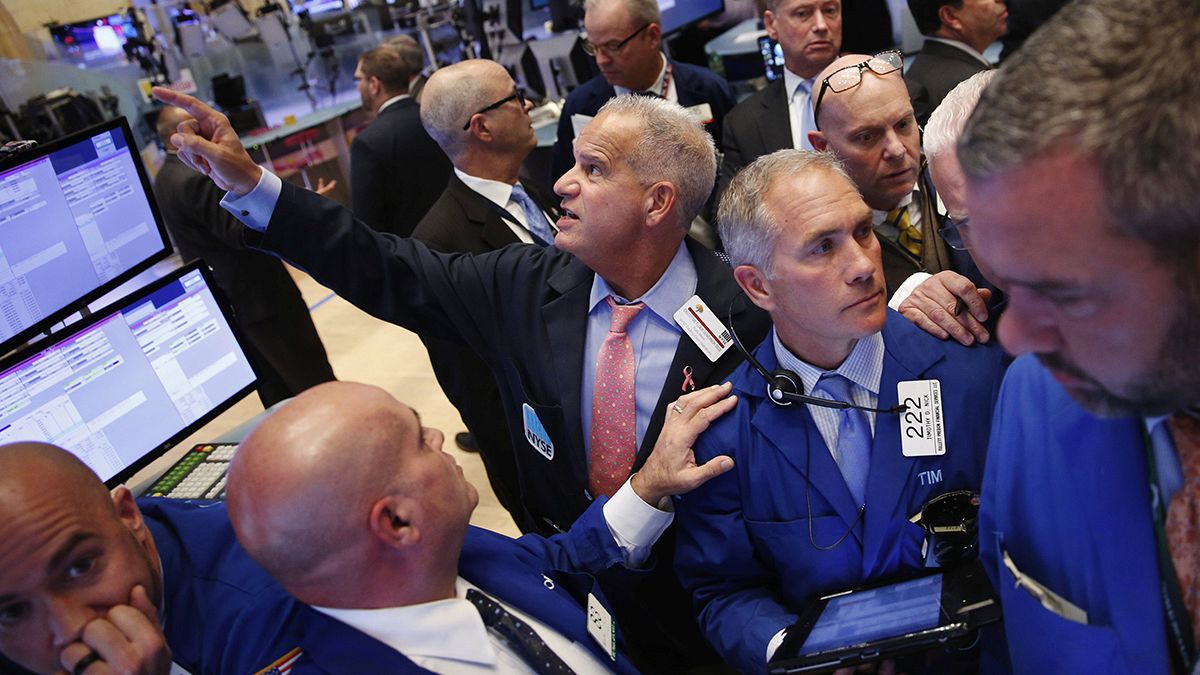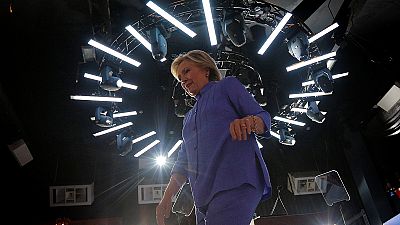US financial markets showed little reaction to the FBI investigating more emails linked to Hillary Clinton's use of a private computer server.
There was little financial market reaction on Monday in the US to political events as the Federal Bureau of Investigation reviewed newly discovered emails related to Hillary Clinton’s private computer server while she was secretary of state.
US stocks had fallen in a volatile session on Friday after the Clinton news hit, just days ahead of the election. While Clinton had opened a recent lead over her unpredictable Republican rival Donald Trump in national polls, it had been narrowing even before the email controversy resurfaced.
Some big merger and acquisition deals helped push up US shares on Monday. Dow component General Electric rose after it said it would merge its oil and gas business with oilfield services provider Baker Hughes.
Level 3 Communications’s shares benefited from CenturyLink saying it would buy the company.
Data on Monday showed US consumer spending rose more than expected in September.
Europe frets over Fed and Clinton
Europe’s stock markets were mostly in the red on Monday, falling for the sixth straight day. Investors were nervous in case of a surprise US interest rate hike from the Federal Reserve’s meeting this week
Analyst Robert Halver with Baader Bank in Frankfurt said: “We don’t think there’s going to be an interest rate hike, but there is great tension as one thing is clear: whenever interest rates are going to be raised, it will have a negative effect on stock markets.”
And Halver said the election uncertainty did not help: “The US presidential election is a bit more open again with Trump gaining due to Clinton’s email affair, but I assume that Clinton is still going to win the election. However it’s getting tighter and this uncertainty is being felt on the Frankfurt stock exchange for sure.”
Other factors pushing down sentiment were the release of the weakest German retail sales in two years and a dip in oil prices as non-OPEC producers failed to make any specific commitment to join efforts to limit output.
Energy companies and banks were the biggest losers.
Continued slow growth by the eurozone economy saw the euro drop against the dollar.
The dollar is on track for its best month against the world’s top currencies in just under a year.



